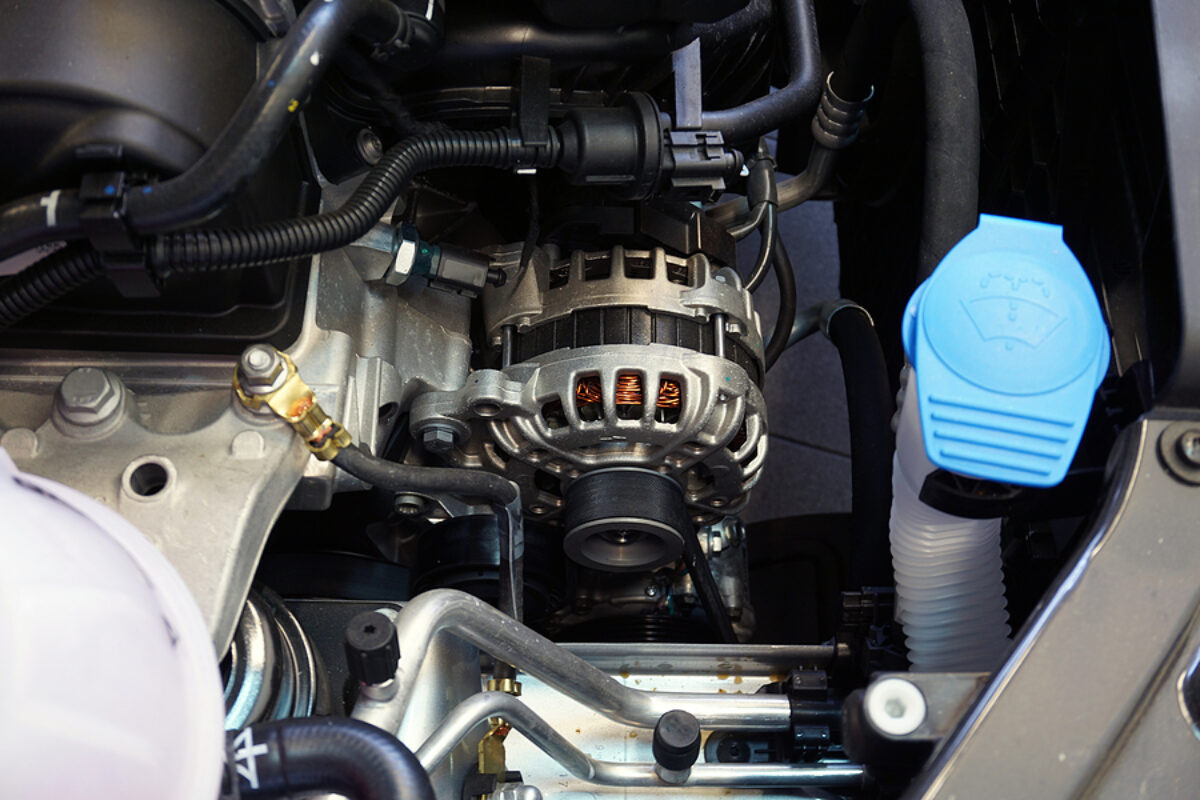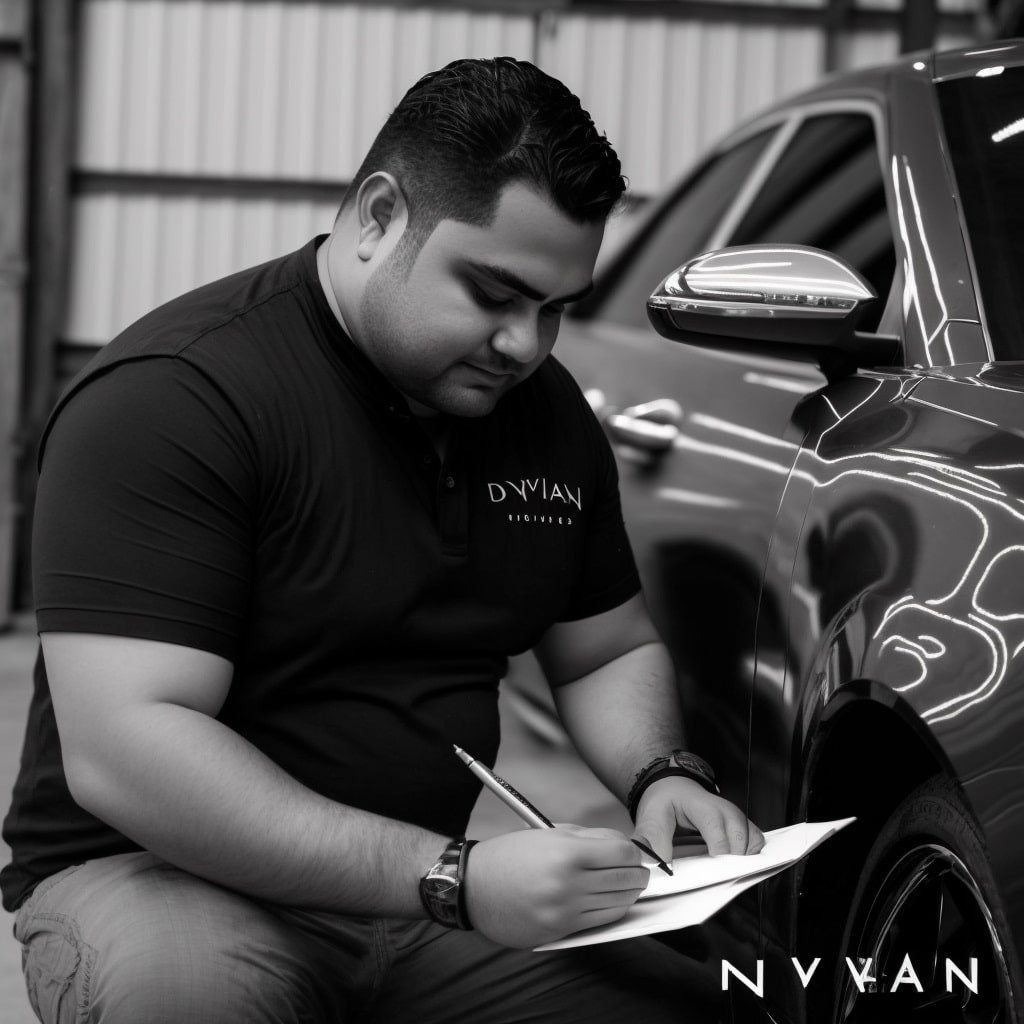Last Updated on April 5, 2023 by Ryan
If an alternator has been replaced and the car still dies, there are a few possible causes. It’s important to diagnose the issue accurately in order to address it properly. One potential cause could be a faulty connection between the battery and the alternator.
This could be due to poor wiring or corrosion on either of those components. Another possibility is that the new alternator isn’t providing enough power for all of the car’s electrical systems, which can cause issues with starting and running as well as other problems such as lights dimming while driving or stalling when turning on accessories such as air conditioning or heating. In some cases, a defective voltage regulator may also be responsible for this problem, so it should not be overlooked during diagnosis.
Finally, if all else fails check for any loose belts that may prevent proper charging of your battery by your newly installed alternator.
If your car is still dying even after you’ve replaced the alternator, it could be a sign of a few different issues. It’s best to take your vehicle into the shop for an inspection and diagnostic testing so that any underlying problems can be identified and fixed before they lead to bigger, more costly repairs.
New alternator NOT CHARGING BATTERY~~~ SIMPLE FIX
Replaced Alternator And Battery Light Still on
If you’ve recently replaced your vehicle’s alternator and battery, but the light is still on, it could be due to a loose connection or faulty wiring. It’s important to check all of your electrical connections and ensure they are secure before concluding that the problem is with the alternator or battery. Additionally, if any of your fuses have blown, it may be necessary to replace them in order for the light to turn off.
If all else fails, it’s best to take your car into a mechanic who can properly diagnose and fix any underlying issues causing this issue.
Problems After Alternator Replacement
When replacing an alternator, it is important to check for any additional problems that may have been caused by the old alternator. Common issues after replacement can include improper belt tension, incorrect wiring connections and insufficient charging voltage. It’s essential to identify these problems quickly and fix them properly in order to ensure your vehicle runs smoothly.
Replaced Alternator And Battery Still Not Charging
If you have recently replaced your car’s alternator and battery, but the charging system is still not working properly, it could be due to a few different causes. It could be that the new parts are defective, or there may be an issue with the wiring connections between them. Additionally, other components such as fuses or relays in the charging circuit may need to be inspected for proper operation.
If all else fails, having a professional mechanic inspect your vehicle is highly recommended to diagnose and repair any underlying issues causing your alternator and battery not to charge properly.
Replaced Alternator And Car Still Won’T Start
If you have recently replaced the alternator in your car and it still won’t start, there are likely other issues that need to be addressed. It is possible that the starter motor has failed or a connection needs to be tightened. Additionally, check for any loose wires, damaged spark plugs and faulty fuel injectors as these can all cause a car not starting even after replacing an alternator.
If you continue to experience trouble starting your vehicle after taking these steps then it may be time to take it into a trusted mechanic for further diagnosis.

Credit: www.cashcarsbuyer.com
Why Wont My Car Turn Over After Changing Alternator?
If your car won’t turn over after you’ve changed the alternator, it could be due to a number of issues. Firstly, make sure that all the wiring and connections are properly connected and secure. Secondly, check that the battery terminals have been correctly reconnected; if they are loose or corroded then this can cause problems with starting the engine up.
Lastly, ensure that all safety systems and fuses related to the alternator are in good working order as these can prevent it from turning over even when everything else is ok. If none of these solutions solve your problem then you should take it to a qualified mechanic for diagnosis and repair so they can pinpoint what exactly is causing your issue.
Why Won T My Car Start With a New Battery And New Alternator?
If your car won’t start with a new battery and new alternator, there could be several possible causes. It’s important to have the vehicle professionally inspected by an experienced mechanic as soon as possible in order to identify and resolve the issue. Some of the most common reasons why a car may not start even with a new battery and alternator include issues such as corroded or loose connections, faulty wiring, bad spark plugs or plug wires, low fuel pressure, engine mechanical problems (such as worn out timing belt), clogged air filter or mass airflow sensor, failing starter motor and solenoid assembly, bad ignition switch/lock cylinder assembly or even an ECU (engine control unit) malfunction.
What Should You Do After Replacing Alternator?
After replacing the alternator, it is important to check for any loose connections and ensure that all wires are properly connected. It is also important to double-check that all electrical components like lights, wipers and gauges are working correctly. Make sure the voltage output of the alternator is accurate by using a multimeter.
Finally, it’s essential to test drive your vehicle after replacing the alternator to make sure everything works as expected before you consider it finished.
How Long Should You Let Your Car Run After Replacing Alternator?
It is important to run your car for at least 15 minutes after replacing the alternator in order to ensure that it is properly seated and has established a good connection with the battery. Additionally, running your car allows the new alternator to become fully charged and ready for use. It is also advised that you take short test drives after changing out the alternator so that you can make sure everything is working correctly.
If any issues arise, contact a professional mechanic immediately as this could be an indication of a faulty part or improper installation.
Conclusion
In conclusion, this blog post has explored the issue of a car that dies even after replacing the alternator. It is possible that there could be other issues with the vehicle such as a bad battery or corroded cables that are preventing it from starting. The best way to diagnose and repair these problems is by having an experienced mechanic inspect the car and make any necessary repairs.
Hopefully, further investigation will help determine what exactly is causing this issue and how to get your car running properly again!



